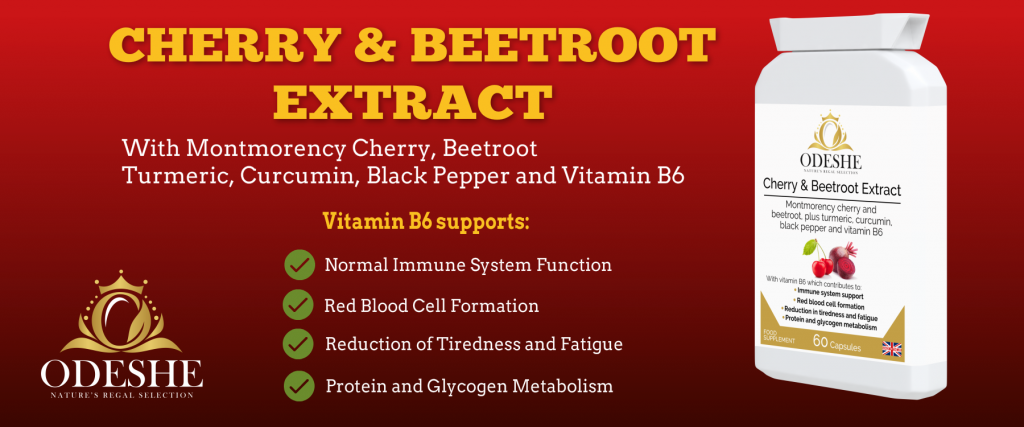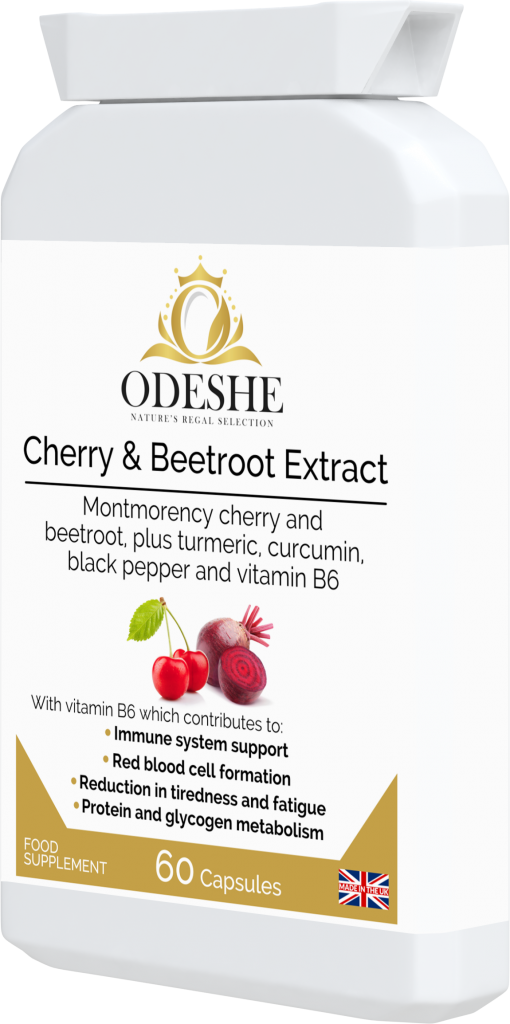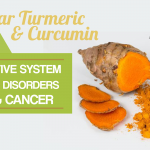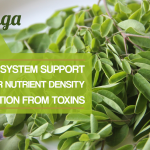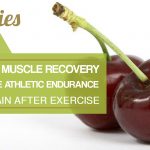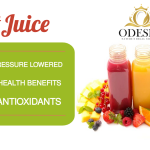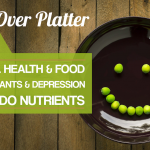Following nutrition advice from individual discoveries re-presented in the news can be confusing at times (e.g. wine is cited as both protective and detrimental to heart health (1)). However, real and tangible health improvements can be achieved by with accessible nutrition. Beyond positive food psychology, many of our commonplace fruit and veg are being analysed and tested in laboratories for their natural, reproducible medicinal effect. Beetroot can provide multiple health benefits, especially if given the time to work an effect. Without giving a complete list of all the benefits beetroot can provide, this article highlights reproducible benefits that many look to achieve by changing their entire diet.
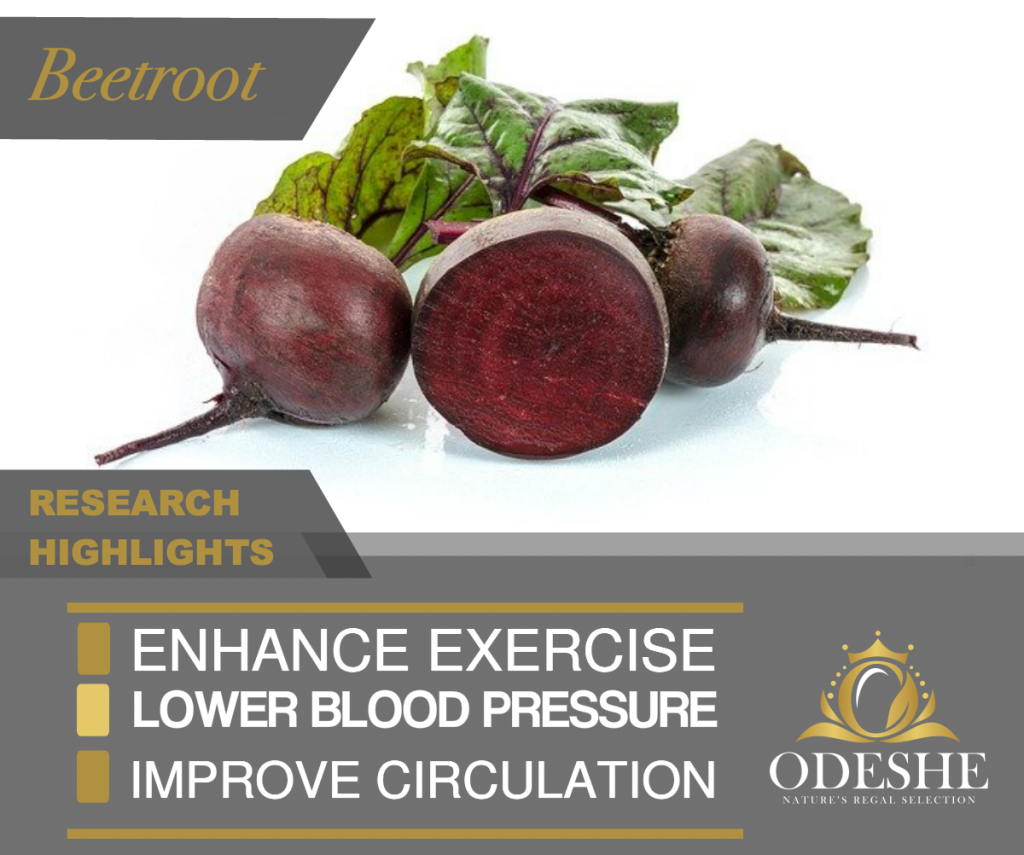
Rich in Antioxidants. Beetroot is a rich source of betalain pigments, with proven capacity “… to protect cellular components from oxidative injury” (2). Protection of various cellular biomolecules from oxidative stress is given by beetroot juice (3), which is not surprising considering beetroot juice is thought to outperform many other common fruit juices (such as apple, carrot, orange, cranberry and pineapple) for antioxidant capacity (2). The antioxidant betalain pigments are also able to subdue persistent/chronic inflammation and manage to do this by changing the expression and production of various pro-inflammatory signals, and even reducing the migration of immune cells into inflamed tissue (2).
Beetroot powder. Beetroot appears to maintain many beneficial properties of it’s antioxidants in powder form. Patients with non-alcoholic fatty liver disease experienced less liver enzyme leakage and improved lipid profiles after 12 weeks of beetroot powder supplementation (alongside conventional medicine and lifestyle modification) compared to control subjects without beetroot powder supplementation (4). Moreover, beetroot powder gave protection from oxidative stress, inflammation and inflammatory immune cell invasion in an animal study (5). Beetroot powder also managed to increase sensitivity of the peripheral chemoreflex system (6), a part of the nervous system that detects chemicals in the bloodstream and “…maintains arterial blood gases and acid–base balance within normal limits…” in order to avoid “… chronic heart failure (CHF), hypertension, chronic obstructive pulmonary disease (COPD), and obstructive sleep apnoea (OSA).” (7).
Enhancing Exercise Performance. Beetroot juice has the capacity to enhance exercise performance, and the high nitrate content in the vegetable is thought to give most of the benefits. After 6 days of drinking nitrate-rich beetroot juice, test subjects were able to perform moderate-to-severe intensity exercise for 22% longer than those that drank the placebo beetroot juice where nitrate was removed (8). The body’s natural fuel for explosive, high intensity muscle work (i.e. phosphocreatine) was also used more efficiently by nitrate-rich beetroot juice drinkers (9). The body’s use of oxygen during exercise may be made more efficient by nitrate-rich beetroot juice, although there are mixed results amongst different studies. As little as a 3 day supplementation of beetroot juice increased the average performance of cyclists from ~22 up to ~26 rounds of 45 second repetitions (10). Red blood cell content in muscle blood vessels also increased, indicating better oxygenation of muscles for higher energy expenditure. Together all these studies show tangible impact of taking beetroot juice daily for less than a week.
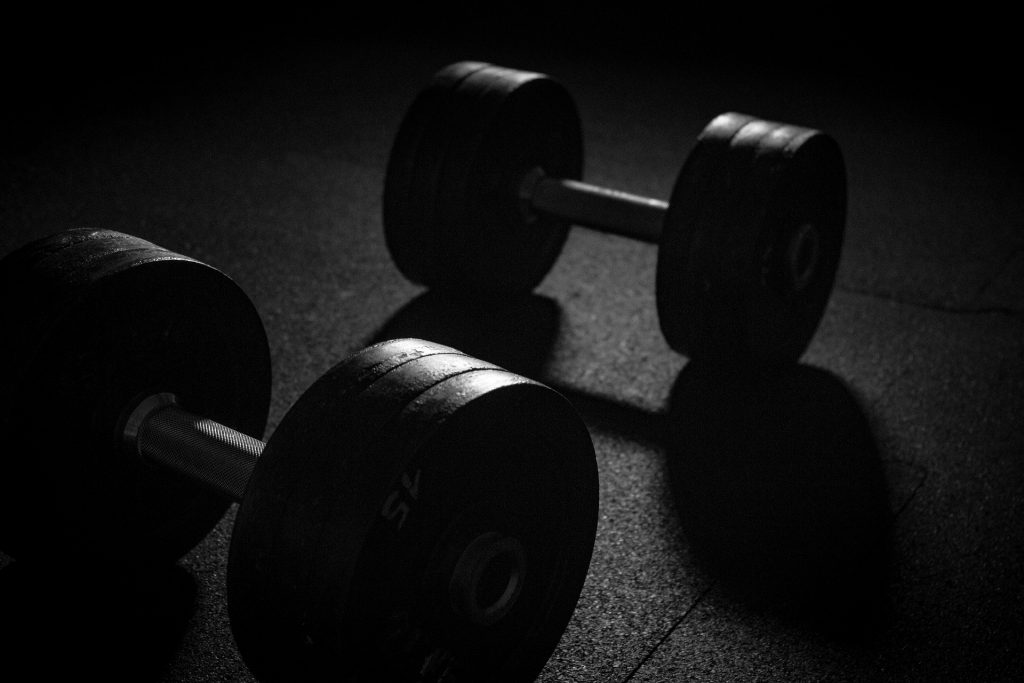
Measurable Increase in Exercise Performance with Beetroot Supplementation
A study looking at the effect of 15 days of nitrate-rich beetroot juice supplementation found that resting blood pressure was significantly lowered, and after exercise the lowered blood pressure and several parameters of healthy blood vessel elasticity were maintained amongst beetroot juice drinkers (11).
Natural Blood Pressure Management. A comparison of multiple trials calculated that the average effect of beetroot juice was positive (i.e. high blood pressure was reproducibly lowered). Around 2 daily glasses of beetroot juice significantly lowered high blood pressure (12). Taking beetroot juice for less than 2 weeks has a great benefit (i.e. blood pressure lowered by 2.67 mm Hg), but consumption for 2 weeks or longer has a significantly greater benefit (i.e. blood pressure lowered by 5.11 mm Hg) (12). This study also identified that nitrate-deficient beetroot juice still managed to lower blood pressure significantly, validating a whole foods approach to high blood pressure by identifying an effect shared by nitrate and other components within the vegetable. Moreover, unhealthy test subjects gained more from drinking beetroot juice than healthy test subjects by receiving larger blood pressure decreases, suggesting an adaptive effect that is less likely lower blood pressure to dangerous levels (12).
Natural Health Benefits and Time. It is intuitive to expect that food and other natural health interventions that have not been synthesised and optimised as a medicine may take a longer time to produce health benefits, as is the case with beetroot juice and high blood pressure. A major factor of how effective diet can be in ameliorating chronic disease is time: good diet needs a good stretch of time to work. Turmeric may be effective against arthritis, but once again duration of study determines whether the effects of turmeric are captured or missed (13). Walnuts may be able to improve cholesterol profile after 3 months (14).
But a healthy diet isn’t always a “slow burn”, as was observed with how effective beetroot supplementation proved to be for enhanced exercise performance. 3 slices of 100% whole grain rye bread in the evening may improve post-breakfast cholesterol and blood lipids after breakfast 15 hours later (15). Just a handful of brazil nuts may improve blood cholesterol in 9 hours (16), and one glass of purple grape juice may improve mood and cognition in adults after just 25 minutes (17).
An informed person can engage with the medicinal power of beetroots (and other natural solutions) for specific concerns, and with knowledge of the time needed, consult with their medical professional to evaluate the regime.
Disclaimer: If you have medical concerns, please consult your doctor before implementing the opinions in this article. The research highlighted in this article has not been concluded, and so the properties discussed cannot be extrapolated to any product as yet.
(References)
1. Haseeb Sohaib, Alexander Bryce, and Baranchuk Adrian (2017) Wine and Cardiovascular Health. Circulation. 136, 1434–1448
2. Clifford, T., Howatson, G., West, D. J., and Stevenson, E. J. (2015) The Potential Benefits of Red Beetroot Supplementation in Health and Disease. Nutrients. 7, 2801–2822
3. Winkler, C., Wirleitner, B., Schroecksn, K., Schennach, H., and Fuchs, D. (2005) In vitro Effects of Beet Root Juice on Stimulated and Unstimulated Peripheral Blood Mononuclear Cells. Am. J. Biochem. Biotechnol. 1, 180–185
4. Srivastava, S., Siddiqi, Z., Singh, T., and Bala, L. (2019) Beetroot Supplementation on Non-Alcoholic Fatty Liver Disease Patients. Curr. Res. Nutr. Food Sci. J. 7, 96–101
5. Kabir, F., Nahar, K., Rahman, M. M., Al Mamun, A., Faruk, M., Hossain, M. H., Subhan, N., and Alam, M. A. (2019) Beetroot powder supplementation prevents oxidative stress and inflammatory cells infiltration in isoprenaline-induced myocardial damage in rats. Mediterr. J. Nutr. Metab. 12, 197–209
6. Bock, J. M., Ueda, K., Schneider, A. C., Hughes, W. E., Limberg, J. K., Bryan, N. S., and Casey, D. P. (2017) Inorganic nitrate supplementation attenuates peripheral chemoreflex sensitivity but does not improve cardiovagal baroreflex sensitivity in older adults. Am. J. Physiol.-Heart Circ. Physiol. 314, H45–H51
7. Paula‐Ribeiro, M., and Rocha, A. (2016) The peripheral–central chemoreflex interaction: where do we stand and what is the next step? J. Physiol. 594, 1527–1528
8. Breese, B. C., McNarry, M. A., Marwood, S., Blackwell, J. R., Bailey, S. J., and Jones, A. M. (2013) Beetroot juice supplementation speeds O2 uptake kinetics and improves exercise tolerance during severe-intensity exercise initiated from an elevated metabolic rate. Am. J. Physiol.-Regul. Integr. Comp. Physiol. 305, R1441–R1450
9. Bailey, S. J., Fulford, J., Vanhatalo, A., Winyard, P. G., Blackwell, J. R., DiMenna, F. J., Wilkerson, D. P., Benjamin, N., and Jones, A. M. (2010) Dietary nitrate supplementation enhances muscle contractile efficiency during knee-extensor exercise in humans. J. Appl. Physiol. 109, 135–148
10. Aucouturier, J., Boissière, J., Pawlak-Chaouch, M., Cuvelier, G., and Gamelin, F.-X. (2015) Effect of dietary nitrate supplementation on tolerance to supramaximal intensity intermittent exercise. Nitric Oxide. 49, 16–25
11. Lee, J.-S., Stebbins, C. L., Jung, E., Nho, H., Kim, J.-K., Chang, M.-J., and Choi, H.-M. (2015) Effects of chronic dietary nitrate supplementation on the hemodynamic response to dynamic exercise. Am. J. Physiol.-Regul. Integr. Comp. Physiol. 309, R459–R466
12. Bahadoran, Z., Mirmiran, P., Kabir, A., Azizi, F., and Ghasemi, A. (2017) The Nitrate-Independent Blood Pressure–Lowering Effect of Beetroot Juice: A Systematic Review and Meta-Analysis. Adv. Nutr. 8, 830–838
13. Hewlings, S. J., and Kalman, D. S. (2017) Curcumin: A Review of Its Effects on Human Health. Foods. 6, 92
14. Rock, C. L., Flatt, S. W., Barkai, H.-S., Pakiz, B., and Heath, D. D. (2017) Walnut consumption in a weight reduction intervention: effects on body weight, biological measures, blood pressure and satiety. Nutr. J. 16, 76
15. Sandberg, J. C., Björck, I. M. E., and Nilsson, A. C. (2017) Effects of whole grain rye, with and without resistant starch type 2 supplementation, on glucose tolerance, gut hormones, inflammation and appetite regulation in an 11–14.5 hour perspective; a randomized controlled study in healthy subjects. Nutr. J. 16, 25
16. Colpo, E., Dalton D.A. Vilanova, C., Reetz, L. G. B., Duarte, M. M. M. F., Farias, I. L. G., Meinerz, D. F., Mariano, D. O. C., Vendrusculo, R. G., Boligon, A. A., Dalla Corte, C. L., Wagner, R., Athayde, M. L., and da Rocha, J. B. T. (2014) Brazilian nut consumption by healthy volunteers improves inflammatory parameters. Nutrition. 30, 459–465
17. Haskell-Ramsay, C. F., Stuart, R. C., Okello, E. J., and Watson, A. W. (2017) Cognitive and mood improvements following acute supplementation with purple grape juice in healthy young adults. Eur. J. Nutr. 56, 2621–2631
